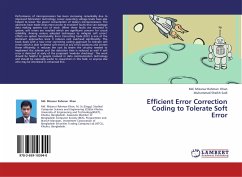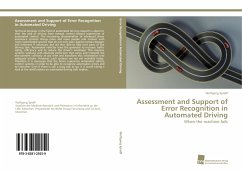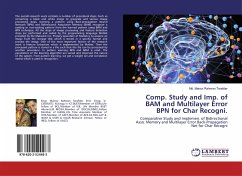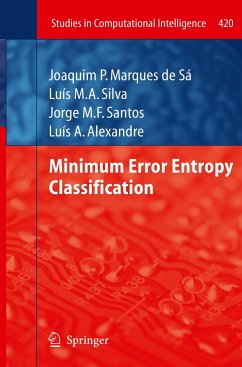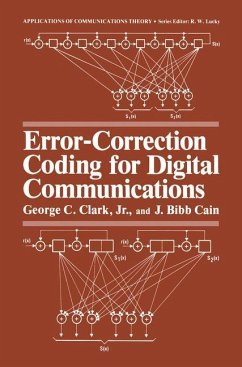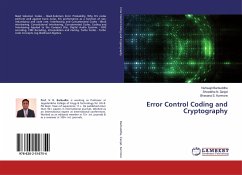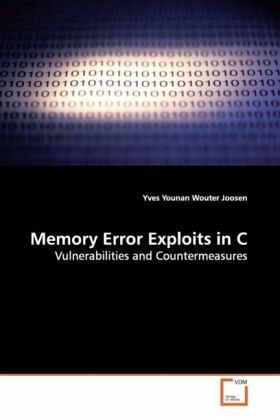
Memory Error Exploits in C
Vulnerabilities and Countermeasures
Versandkostenfrei!
Versandfertig in 6-10 Tagen
45,99 €
inkl. MwSt.

PAYBACK Punkte
23 °P sammeln!
In this book we examine a number of vulnerabilitiesin C-like languages that can be exploited byattackers to perform code injection attacks. Next, wediscuss countermeasures that provide protectionagainst these kinds of attacks. This book starts off by presenting acomprehensive and structured surveyof vulnerabilities and countermeasures for codeinjection in C-like languages. Variouscountermeasures make different trade-offs in terms ofperformance, e ectivity, memory cost, compatibility,etc. This makes it hard to evaluate and compare theadequacy of proposed countermeasures in a givencontext. This ...
In this book we examine a number of vulnerabilities
in C-like languages that can be exploited by
attackers to perform
code injection attacks. Next, we
discuss countermeasures that provide protection
against these kinds
of attacks. This book starts off by presenting a
comprehensive and
structured survey
of vulnerabilities and countermeasures for code
injection in C-like languages. Various
countermeasures make
different trade-offs in terms of
performance, e ectivity, memory cost, compatibility,
etc. This makes it hard to evaluate and compare the
adequacy of proposed countermeasures in a given
context. This survey defines a classification and
evaluation framework, on the basis of which
advantages and
disadvantages of countermeasures can
be assessed. This is followed by an in-depth
discussion of two novel
countermeasures which aim to
better protect against attacks while having only a
negligible impact on performance. The first
countermeasure focuses
on stack-based buffer overflows, while the second
aims at heap-
based buffer
overflows and double frees.
This book will be of interest to computer scientists
and readers interested in security and operating systems.
in C-like languages that can be exploited by
attackers to perform
code injection attacks. Next, we
discuss countermeasures that provide protection
against these kinds
of attacks. This book starts off by presenting a
comprehensive and
structured survey
of vulnerabilities and countermeasures for code
injection in C-like languages. Various
countermeasures make
different trade-offs in terms of
performance, e ectivity, memory cost, compatibility,
etc. This makes it hard to evaluate and compare the
adequacy of proposed countermeasures in a given
context. This survey defines a classification and
evaluation framework, on the basis of which
advantages and
disadvantages of countermeasures can
be assessed. This is followed by an in-depth
discussion of two novel
countermeasures which aim to
better protect against attacks while having only a
negligible impact on performance. The first
countermeasure focuses
on stack-based buffer overflows, while the second
aims at heap-
based buffer
overflows and double frees.
This book will be of interest to computer scientists
and readers interested in security and operating systems.



